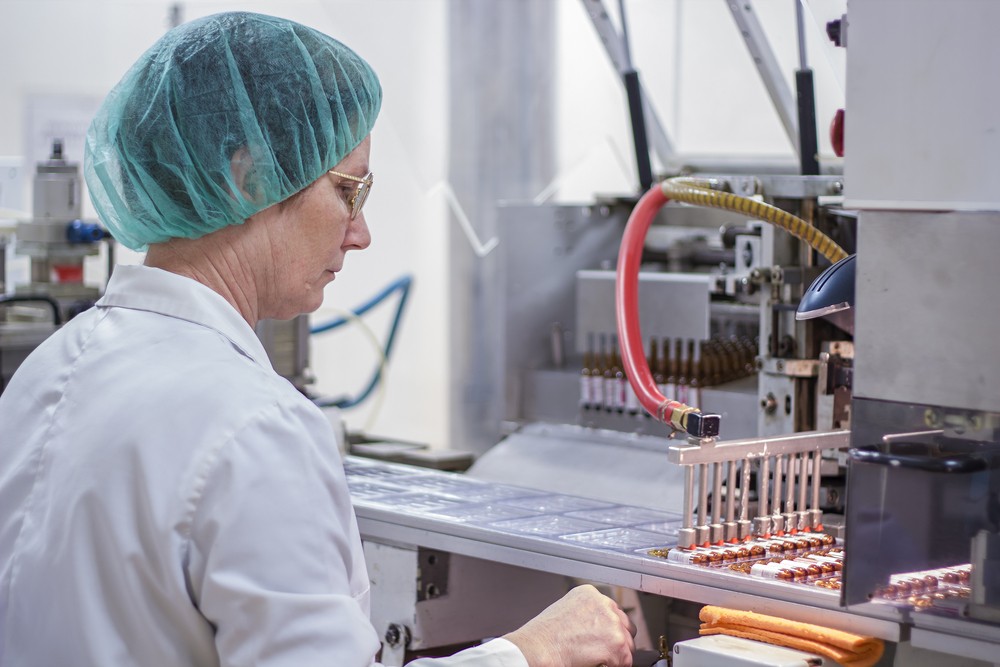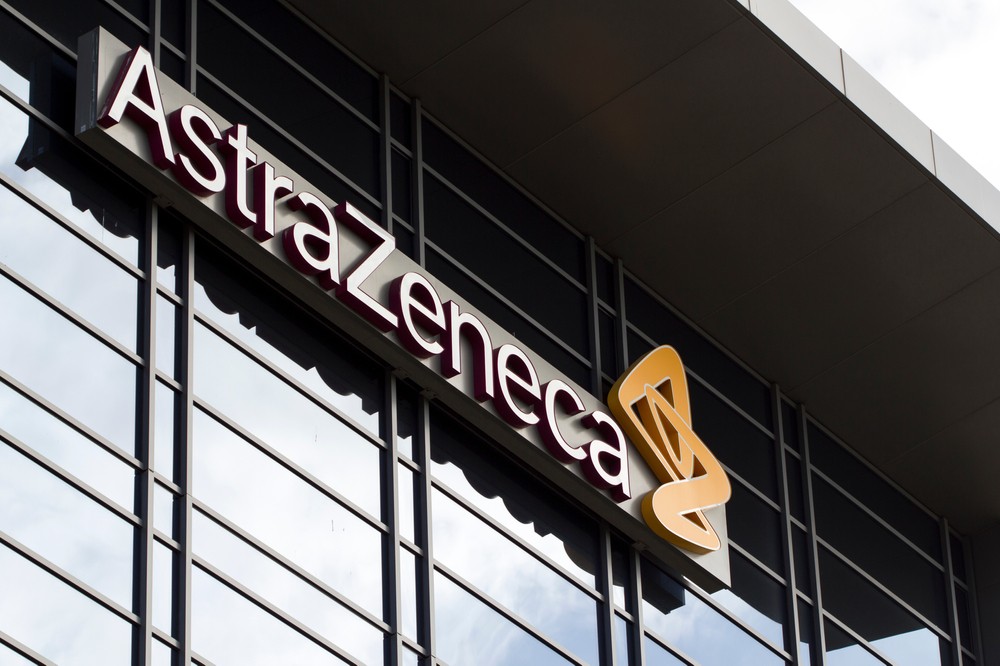A Manufacturing Error Could Set the COVID-19 Vaccine Back

With all eyes on the companies developing a potential COVID-19 vaccine, there’s little margin for error. Unfortunately, that’s exactly what’s happened in the case of AstraZeneca and its promising early-stage COVID-19 vaccine. The company announced publicly that, due to a manufacturing error, initial, promising results are skewed. The efficacy of any results is now in question, threatening to undermine the development of one of the most important vaccines in history.
What went wrong?
Although the nature of the “manufacturing error” isn’t publicly known at this point, AstraZeneca has detailed the nature of the problem which skewed the results of its clinical trials. According to Oxford University, where the trial is taking place, some of the vials used didn’t have the correct concentration of vaccine, leading to a half dose for some volunteers. The result was wild inconsistencies across the groups.
The low-dose group appeared to yield results that showed 90% effectiveness for the drug, while a secondary group that received two full doses reported only a 62% effectiveness rate. In reporting its findings, AstraZeneca appears to have split the difference, calling the drug 70% effective. Unfortunately, this conclusion is rooted in tainted data, casting doubt on the efficacy of the entire study.

Manufacturing quality is vital
This situation is largely the result of a quality assurance failure on the manufacturing side. It’s a powerful lesson for every manufacturer about the importance of both quality control (QC) and quality assurance (QA). Lack of validation in the manufacturing process tainted samples that eventually tainted the results of AstraZeneca’s clinical trial.
While it’s unknown how far back this mistake will push the development of AstraZeneca’s coronavirus vaccine, it’s nevertheless a blow with global ramifications. Operation Warp Speed has cleared the path for rapid development of a COVID-19 vaccine, and there’s no telling what this QC means for not just AstraZeneca’s vaccine, but others undergoing similar clinical trials. Will this manufacturing error push more scrutiny onto the results of other drugs?

The path forward
AstraZeneca’s vaccine is one of three promising drugs in development. Although the manufacturing error and subsequent setback may not be catastrophic, it’s nonetheless an unwelcome hardship for whichever drug proves successful. Public sentiment is already shaky due to the speed of development, and a manufacturing setback may not bode well for people worried about the efficacy or safety of such a vaccine. A level of public trust has been eroded by this setback.
The path forward for AstraZeneca is a difficult one, although some scientists believe the difference is real, and not a data issue. Moving forward, the manufacturer will be under significant scrutiny to prevent future setbacks, which could end up slowing down the trials themselves. Whatever the case, this manufacturing blunder is a significant one, even if the trial proceeds and a drug does come to fruition. It’s yet another lesson in QC and QA — this time, on a global scale, with global implications.